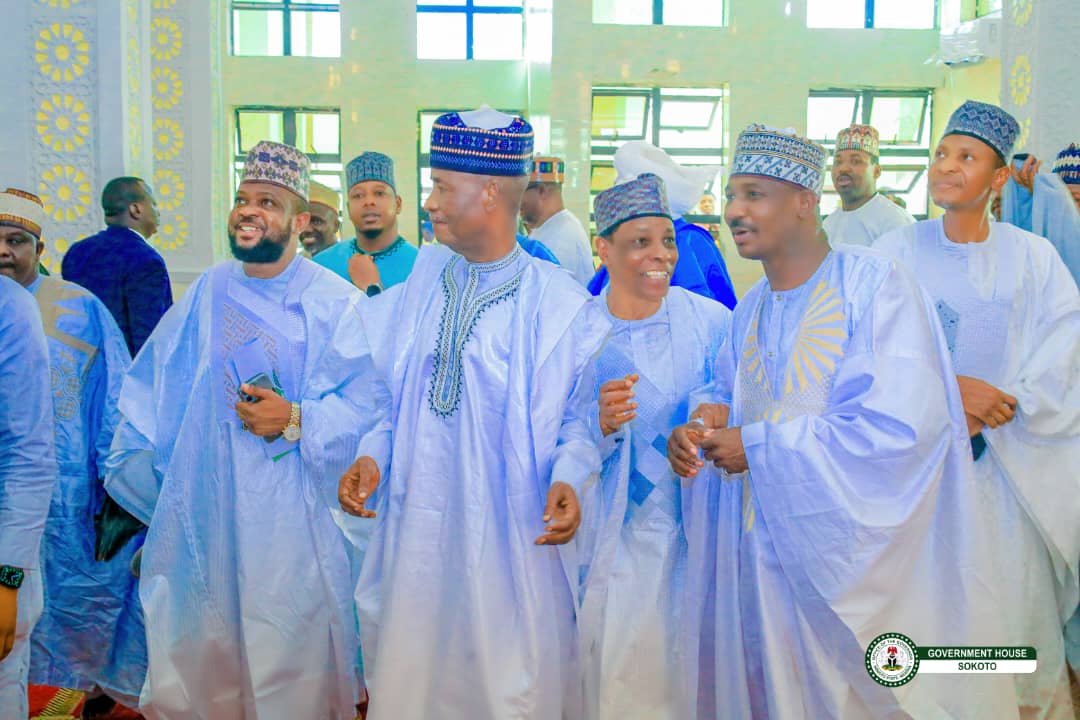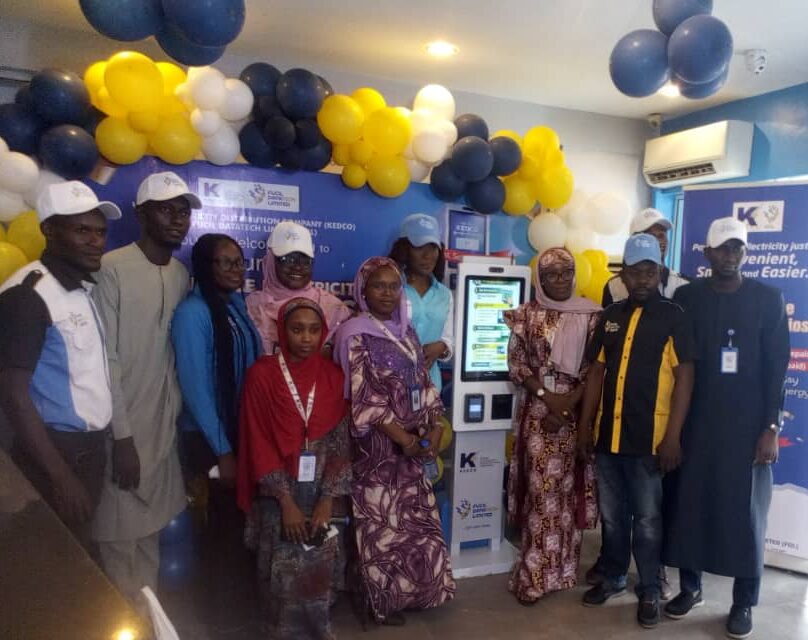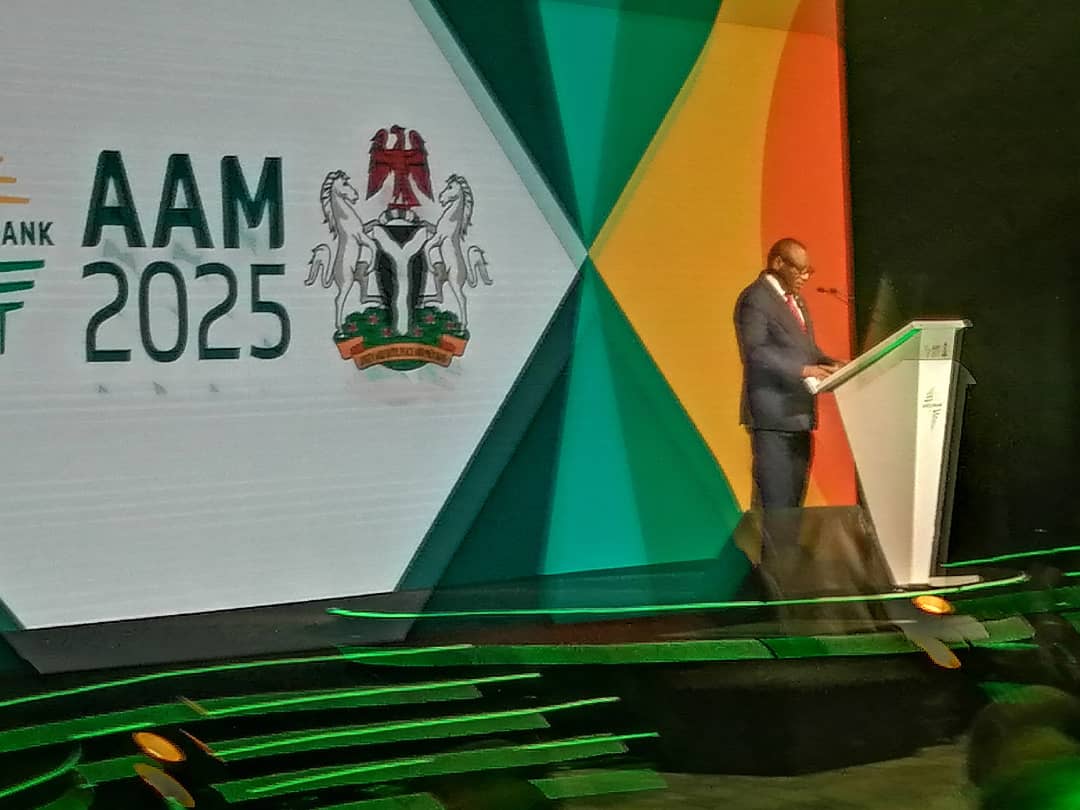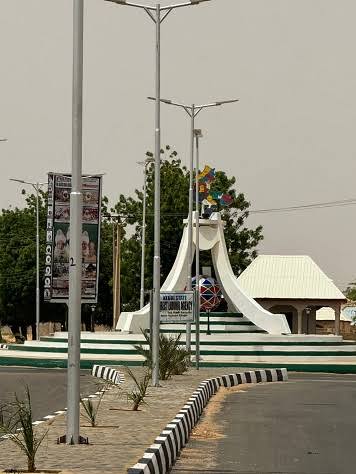Goodluck E. Adubazi, Abuja.
Day two of the Afreximbank Annual Meetings (AAM 2025) revealed renewed calls for building a resilient African economy.
According to Mrs. Kanayo Awani, Executive Vice President of Intra-African Trade and Export Development Bank, Afreximbank has committed \$1 billion to AfCFTA to date. In her opening remarks on Thursday, June 26, 2025, Awani stressed that institutions created by Africans for Africans often receive less protection and respect from global counterparts — a battle, she declared, “we are not prepared to lose; we will win it at all costs. What is right cannot be called wrong.”
“Afreximbank has proven its relevance, and it is incumbent upon African sovereigns to protect the institutions they created. These institutions are capitalized by them and serve them when others retreated,” Awani said.

She emphasized: “African solutions to African problems — this is a battle we must win.”
Standard Times Nigeria quoted Awani as saying: “As we advance the IAFTA Agenda 2063 and pursue shared growth, these institutions will be the fuel that powers our ambition — a prosperous, integrated Africa driven by its own citizens.”
Calling on other partners within and outside Africa, she added: “You either follow us or stand against us, but you must choose — stand with African institutions, stand with a bold, independent, and self-determined Africa. Stand for a development model that is collaborative and self-reliant.”
Awani noted that Afreximbank’s total assets are nearly \$90 billion, while China’s Development Bank stands at \$2.2 trillion. The combined African Development Bank and other African Multilateral Financial Institutions (AMFIs) account for only \$100 billion — just 11% of China Exim Bank’s size.
She stressed that institutional size matters in driving continental development. “It is imperative for African governments to continue investing in these institutions through capital injection and policy protection,” she said.
Awani called on AMFIs to pool resources and scale operations intentionally to finance Africa-led development: “This forum is a call to action — a time to reaffirm our commitment and transform Africa.”
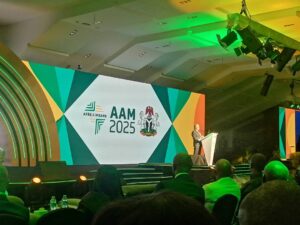
In a keynote address titled “Charting the Path for Africa’s Economic Breakthrough Amid Global Uncertainties,” Dr. Kishore Mahbubani, Distinguished Fellow at the Asia Research Institute, said:
“The answer is not aid. The answer is trade.”
Mahbubani urged Africa to prepare for the emerging world order. “The West is lost. For 200 years, it led the global economy, colonized the world. Now, it is losing its grip, while Asia is rising.”
He stated that the 19th century belonged to Europe, the 20th to America, and the 21st will be Asia’s. This shift, he said, offers new opportunities for Africa.
He warned, however, of a rising geopolitical contest between the United States and China, which is expected to intensify in the coming decade. This, combined with financial crises, climate change, terrorism, and shrinking global unity, will define the “cruel world” ahead.
On industrialization, Mr. Gagan Gupta, Founder and Chairman of Arise Integrated Industrial Platform, noted that Africa exports \$48 billion in textiles annually but remains constrained by weak policy frameworks, lack of financing, and regulatory barriers. “We must prioritize ‘Made in Africa’ goods, mobilize local capital, and establish favorable government policies,” Gupta advised.
During a panel on building a coherent African financial architecture, experts warned against copying external models. “We must learn from successful countries like Japan — built on meritocracy, pragmatism, and honesty,” they said.
Panelists emphasized the need for domestic resource mobilization, stating that foreign aid and cheap loans shrink African institutions. They called on Afreximbank, the African Development Bank, and other homegrown institutions to lead in financing Africa’s development.
On strengthening institutional resilience, they stressed the importance of preferred creditor status, financial inclusion, and mobilizing resources through bonds and savings. “Plan for Africa as if you’ll live forever. The time to act is now,” they said.
Panelists also decried the fact that it’s easier to travel within Africa using a European visa than with African documentation — a barrier to development.
“African problems require African solutions,” they concluded. “For capital to travel, people must travel. Strengthening homegrown institutions is key to Africa’s transformation.”



